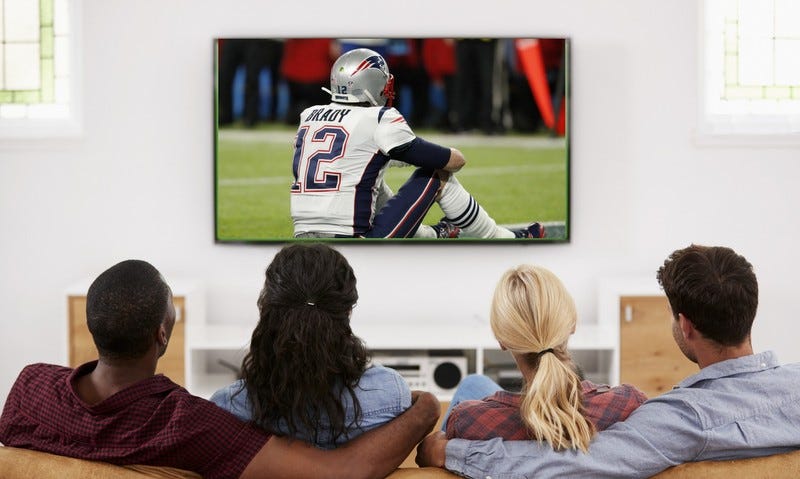BUFFALO (WBEN) - Super Bowl Commercials generate a ton of buzz every year, and people are often pay more attention to the commercials than the actual game (especially this year).
Spence did mention that there a couple of things at play that would make companies interested in paying that much money for a simple 30-second spot, and the first is that these 30-second spots have become increasingly more complex.
"There is so much about influencing and creating a conversation," said Spence. "It's not just about the ad anymore, it's about what happens after the ad. A lot of ads, at the very end, you'll see it has a hashtag, and it drives them to ask what that was about, and they want to learn more."
There have been several memorable examples of this kind of advertising, and one recent one that became quite controversial, although it wasn't in the Super Bowl was the
Gillette ad, which has more than 28 million views on YouTube.
the only ppl that could be possibly offended by #GilletteAd are rapists, bullies and misogynistic assholes. no tea, much shade
— Andrea (@ankyly04)
January 28, 2019 Just need my razor supplier to sell me razors, not lecture me on being a man #GilletteAd #gilletteboycott #Gillette pic.twitter.com/cbhYjuz7BM
— Randy Stewart (@rstewart5200)
January 30, 2019 Another example was the Coca-Cola commercial seen in the 2014 Super Bowl. Both of these commercials certainly started a conversation, and the companies received both praise and backlash for running them, which is part of Spence's point - people are talking about them.
Still waiting for a profound @CocaCola commercial....
— Tommy Pierre (@tpierre27)
February 4, 2019 "It just gets people talking - I think that's the thing - you want people to talk about your brand," said Spence. "You have to be careful. You don't want such bad backlash that it affects your brand. I know a lot of people won't buy certain products because of backlash and that does happen, you have to be careful, but sometimes it works for your advantage too."
And really, as far as the money for Super Bowl ads go, the companies that can afford to pay the $5.3 million that CBS was asking are generally companies that aren't too concerned about $5.3 million.
"Does it really make a difference? Probably not," she said. "They already have the brand equity, but they want to be out there, and they want to get the impressions."

